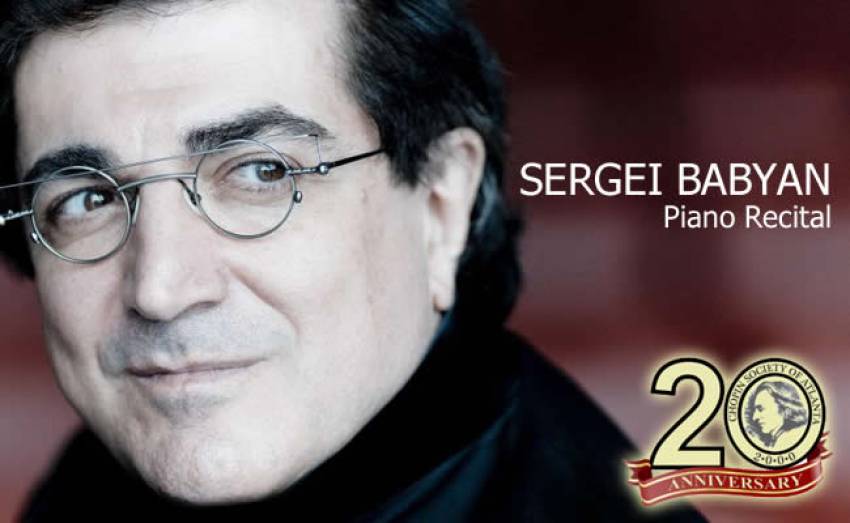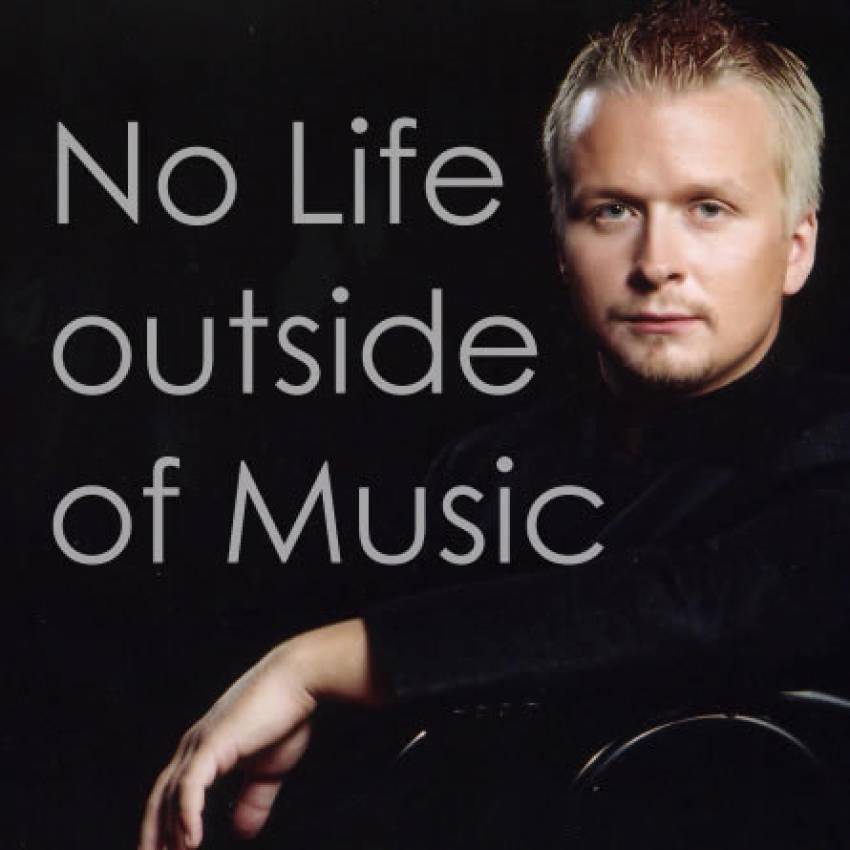
Sergei Babayan is one of the leading pianists of our time: Hailed for his emotional intensity, bold energy and remarkable levels of color, Sergei Babayan brings a deep understanding and insight to an exceptionally diverse repertoire.
Exclusive Interview with Sergei Babayan
By Bożena U. Zaremba
Bożena U. Zaremba: Judging from how hard it was to schedule an interview with you, I conclude you are an extremely busy person. Is it primarily music that fills your life?
Sergei Babayan: Yes, it is only music—mostly practicing—especially before a recital. At such times, I turn my phone off because if I leave it on, I get distracted all the time and cannot focus. That’s why I am hard to reach.
Do you have a routine for your practice?
Routine? Yes, you could say that, but I don’t like the word “routine” because the practice is a creative process. It of course depends on what you do. For instance, when I memorize [a piece], I learn by taking some sections. I never play it too many times, though. It is useless, because a pianist is like a painter: You need to step back. You cannot just paint and paint; you need to look at it from different perspectives. It is the same in music: When you memorize a piece, you learn small sections, and you need to take a break. Reading a good book can be a good diversion; so can be taking a walk in nature. If we specifically talk about memorization, there are several types of memory: tactile, intellectual, emotional.
Then there is the photographic memory, and all these are used. But there is no routine to utilize these types of memory because each day you are in a different condition. Sometimes it is easier to do it photographically, but sometimes it is easier to do it even without a piano, by looking at the score like a conductor. I try to draw from my experience, and I always use the tools that worked for me in the past, but I also try to create something new. So, yes, there is routine, but there is always breaking of that routine. Once you repeat yourself and try to do what you did even five minutes ago, it is not interesting or inspiring anymore.
What inspires you more, practice or performance?
I love the process of practicing, especially immediately before a recital, maybe because of stress and your desire to do your best and because you really focus on the program. For some reason, before a recital, you get so many new ideas to try out, you virtually get drunk with ideas, and when the recital comes, you get sober, and that sobriety tells you which ideas were fresh and innovative and which were just an illusion. With my very close friend, we created an idea of a so-called three-day theory. Three days are needed to realize if your idea will work or not–if it was just a delusion or a spark of genius. The greatest moments are when you discover something and then think, “How could I have not known this before?” That’s why work is so important. It was Tchaikovsky who once said, “Inspiration is a guest that does not willingly visit the lazy.” This is a wonderful idea, and every composer knows about it. There are days when you create a masterpiece and days when you don’t, but you work, you exercise, you write canons, counterpoints, fugues. It keeps you in shape so when the inspiration comes to you, you are ready. Recently I had to memorize Rachmaninoff’s 4th [Piano Concerto] in a very short time. I had only one month before the concert. Even with the best planning, there was no time to learn the piece ahead of time. I had other engagements and had to practice other programs. But eventually, I appreciated those concerts very much. I had been playing different programs every day, one after another, and was in the best pianistic shape, and as a result, I was able to memorize it in only 18 days.
Read more: http://www.chopinatlanta.org/interviews/SergeiBabayan.html



















